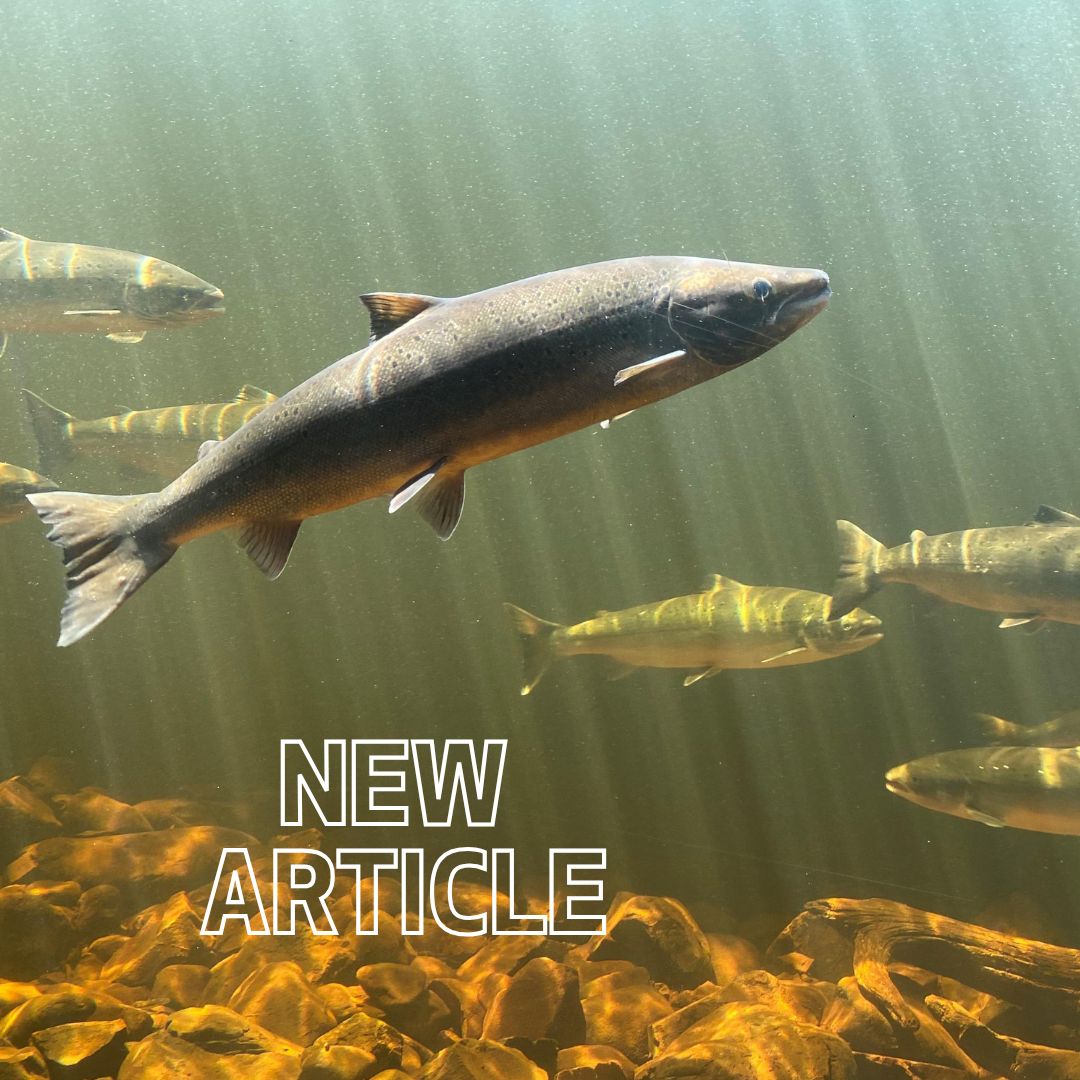Marine migratory species are key to preserving the ecological link between land and sea, according to a publication in Nature
The latest edition of Nature magazine, in the Correspondence section, highlights the importance of protecting migratory marine species as a key element in maintaining ecological connectivity between terrestrial and marine environments. One of the authors of the publication is Pedro Raposo de Almeida, director of MARE – Center for Marine and Environmental Sciences.
The text, entitled “Conserve marine migratory species to protect ecological links between land and sea,” argues that the preservation of migratory fish, birds, and marine mammals is essential to maintaining the health and productivity of habitats that connect oceans and continents.
During the third United Nations Conference on Oceans, held in June, UN member states committed to reducing river pollution that reaches the seas. However, according to the authors of the publication, the debate ignored a vital dimension of this interconnection: migratory animals that cross routes between rivers, oceans, and land areas.
Species such as salmon, albatrosses, seals, and eels not only cross boundaries between environments, but also perform key ecological functions. “These species are pivotal for the biodiversity, productivity, and resilience of the habitats they traverse. Salmon, seals, and albatrosses, for instance, bring key nutrients inland from the ocean. Eels grow in fresh water before migrating to the sea to breed and die, fertilizing offshore areas.”
However, many of these species face an increasing risk of extinction. The authors believe that a coordinated, international, and intersectoral approach is urgently needed to protect all habitats and migratory routes involved. "The risk of extinction is increasing for migratory species. Coordinated conservation efforts are needed across sectors and countries, covering all habitats and migratory routes of these species,“ the authors say. ”Future intergovernmental agreements on the oceans must recognize this point and the need for more research and action on all aspects of land-sea connectivity," they conclude.
This contribution by Pedro Raposo de Almeida reinforces the relevance of Portuguese research in the international scientific arena, by highlighting the need to integrate migratory species into global marine conservation efforts.
Written by Patrícia Carvalho
To read the publication, click HERE
